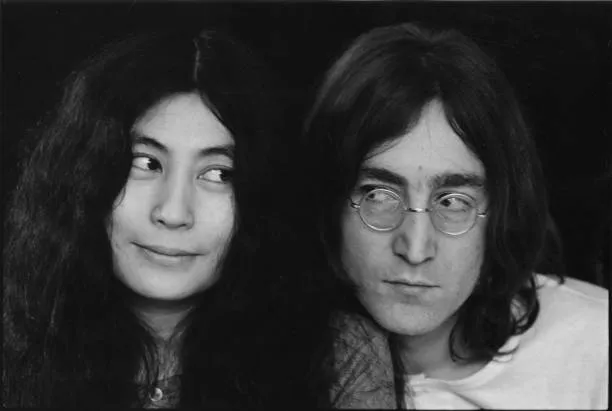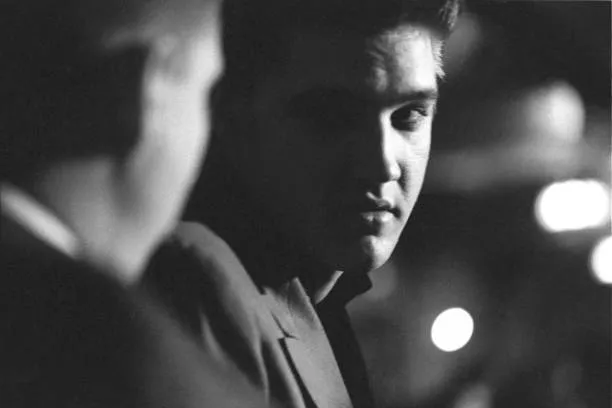Eric Clapton’s influence on guitar manufacturing, particularly in Asia, is profound and far-reaching. As one of the most celebrated guitarists in the world, Clapton’s choice of guitars, playing style, and endorsements have significantly impacted the guitar industry. While Western brands like Fender and Gibson have long been associated with Clapton, his influence extended to Asian manufacturers as they sought to replicate and innovate guitar models that captured his iconic sound and aesthetic. This contributed to the development of high-quality, affordable guitars, making them accessible to musicians around the globe.
Clapton’s Signature Guitars and Influence on Production

Eric Clapton's preference for specific guitar models, such as the Fender Stratocaster, played a pivotal role in shaping the global guitar market, including in Asia. Fender’s Clapton Signature Stratocaster, first introduced in 1988, became one of the most popular artist-endorsed models in history. While initially produced in the U.S., the influence of this guitar quickly spread to Asia, particularly to countries like Japan, Korea, and China, which were becoming key players in the global guitar manufacturing industry.
Many Asian guitar manufacturers began producing Stratocaster-style models inspired by Clapton’s preferences, making quality guitars available at lower price points. Brands like Yamaha, Ibanez, and Squier (Fender’s subsidiary known for producing affordable instruments) started creating models that mirrored the features of Clapton’s guitars, from the iconic neck profile to the tone control systems. Clapton’s tone, associated with the “woman tone” he made famous during his Cream days and later refined in his solo career, became a benchmark that Asian manufacturers aimed to replicate.
The Rise of Japanese Guitar Makers

In the 1970s and 1980s, Japan became a hub for high-quality guitar manufacturing, and Clapton's influence played a part in this rise. Companies such as Ibanez, Yamaha, and Tokai, known for their precision craftsmanship, began producing guitars that were heavily inspired by the Stratocaster and Les Paul models favored by Clapton. The demand for high-quality guitars that could reproduce Clapton’s tone and playability fueled innovation and craftsmanship in these brands.
Japanese guitar makers focused on replicating the essence of the guitars that Clapton played but at more accessible prices. Tokai, for instance, became known for producing replicas of famous models, including those inspired by Clapton’s favored guitars, which appealed to musicians who sought professional-grade instruments without the high cost of U.S.-made brands.
Clapton and Squier: Making Quality Guitars Accessible

One of the most direct ways Clapton influenced Asian guitar manufacturing was through Fender’s Squier brand. Squier, known for producing affordable versions of Fender’s iconic guitars, moved much of its production to Japan and later to Korea and China, ensuring that budget-conscious musicians could access Clapton-style guitars.
In the 1980s and 1990s, Squier started producing Stratocaster models with features similar to Clapton’s signature guitars, including vintage-style necks and pickups that aimed to capture his bluesy, rich tone. These guitars were manufactured in Asia, particularly in Japan and later in China, allowing Fender to meet the growing demand for affordable instruments. Clapton’s endorsement of the Stratocaster boosted the popularity of these models, making them highly sought after by beginner and intermediate players.
Influence on Korean and Chinese Guitar Manufacturing

By the late 1990s and 2000s, Korea and China emerged as major players in guitar manufacturing, with factories producing instruments for both global brands and domestic markets. Clapton’s influence was felt as these factories began manufacturing copies and original designs that echoed the aesthetics and functionality of the guitars he played.
Korean companies like Cort and Samick, which produced guitars for major brands, including Fender and Gibson, helped drive down production costs while maintaining quality standards. Clapton’s playing style, which emphasized bluesy bends, smooth sustain, and clarity of tone, inspired many of the guitars manufactured in these factories. Chinese production followed a similar path, as companies like Epiphone (a Gibson subsidiary) and Squier continued to produce Clapton-inspired models, further expanding his influence in the region.
These affordable instruments allowed a new generation of musicians to emulate Clapton’s sound, contributing to the democratization of guitar playing in Asia and beyond. Clapton’s influence on the development of electric guitars in these countries helped elevate the global standing of Asian-manufactured guitars, which today are regarded as reliable, quality instruments for players at every level.
Collaboration with Yamaha

In addition to his influence on guitar models produced by companies like Fender and Gibson in Asia, Clapton’s relationship with Yamaha also contributed to his influence in the region. Yamaha, a Japanese brand known for producing high-quality guitars, worked with Clapton and other artists to refine and innovate their guitar offerings. While Clapton didn’t have a direct endorsement deal with Yamaha, his influence on the development of electric and acoustic guitars in the 1980s and 1990s indirectly impacted Yamaha’s designs.
Yamaha’s SG series of electric guitars, which were popular in the 1970s and 1980s, drew inspiration from the types of guitars Clapton was playing during this period. Although Clapton primarily played Fender and Gibson guitars, Yamaha’s high-quality instruments were part of the growing competition in the Asian guitar market, influenced by Clapton’s demand for excellence and versatility in his instruments.
Conclusion

Eric Clapton’s influence on guitar manufacturing in Asia is undeniable, particularly in the realms of accessibility, design, and craftsmanship. His partnership with Fender, and the creation of the Clapton Signature Stratocaster, set the tone for Asian manufacturers to produce high-quality guitars that mirrored his sound and style. From Japan’s Tokai and Ibanez to Korea’s Cort and China’s Squier production, Clapton’s legacy helped shape the guitar industry in Asia, making his sound and style available to millions of musicians worldwide.
As Clapton’s music continues to inspire guitarists, his influence on the manufacturing of guitars, particularly in Asia, remains a testament to his enduring impact on both the music and business of guitars. Through his endorsements, collaborations, and artistic preferences, Clapton has left an indelible mark on the world of guitar-making, especially in regions where the balance between affordability and quality has allowed more musicians to explore their craft.



